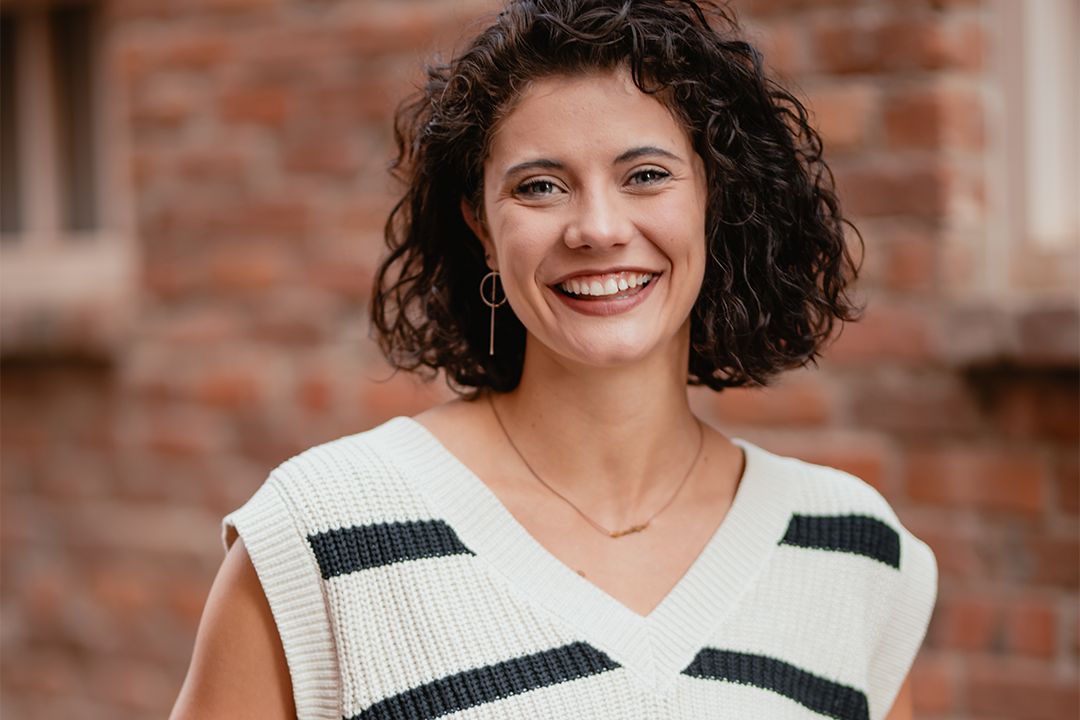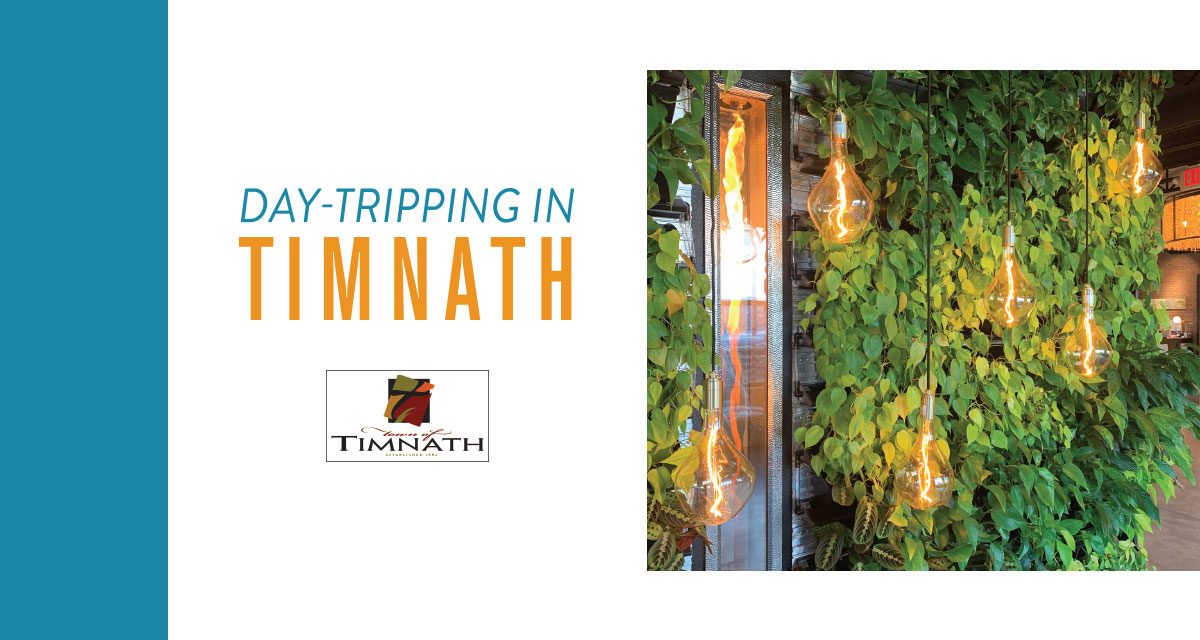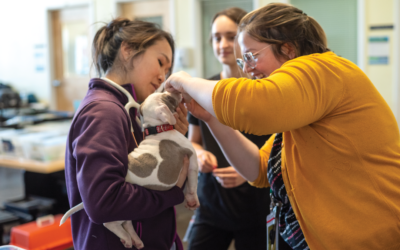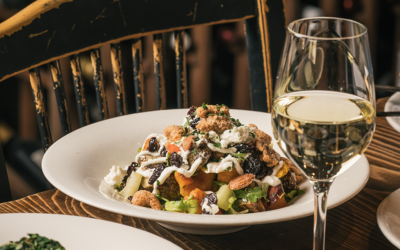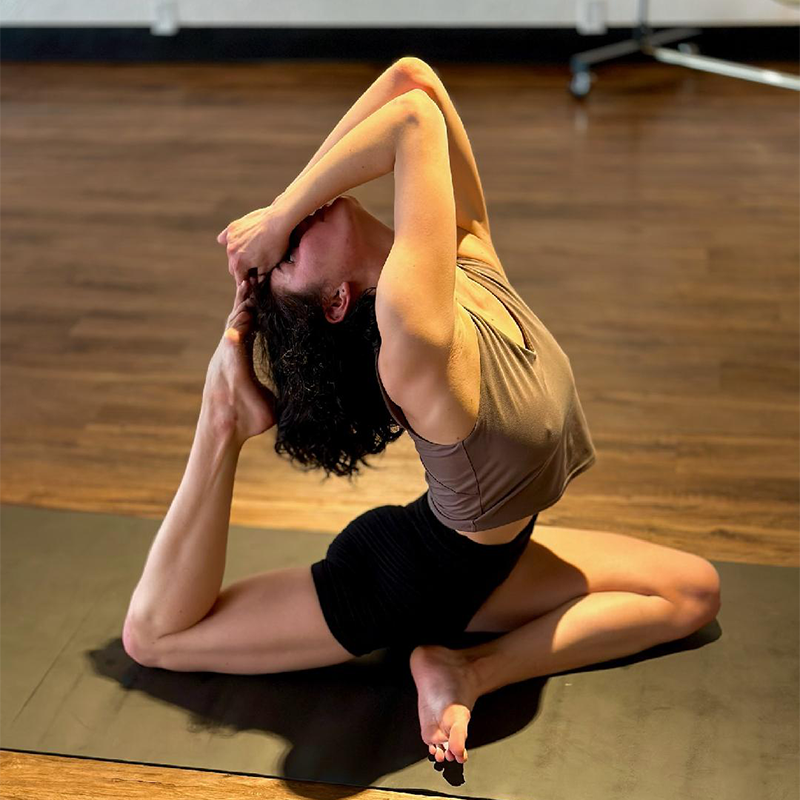
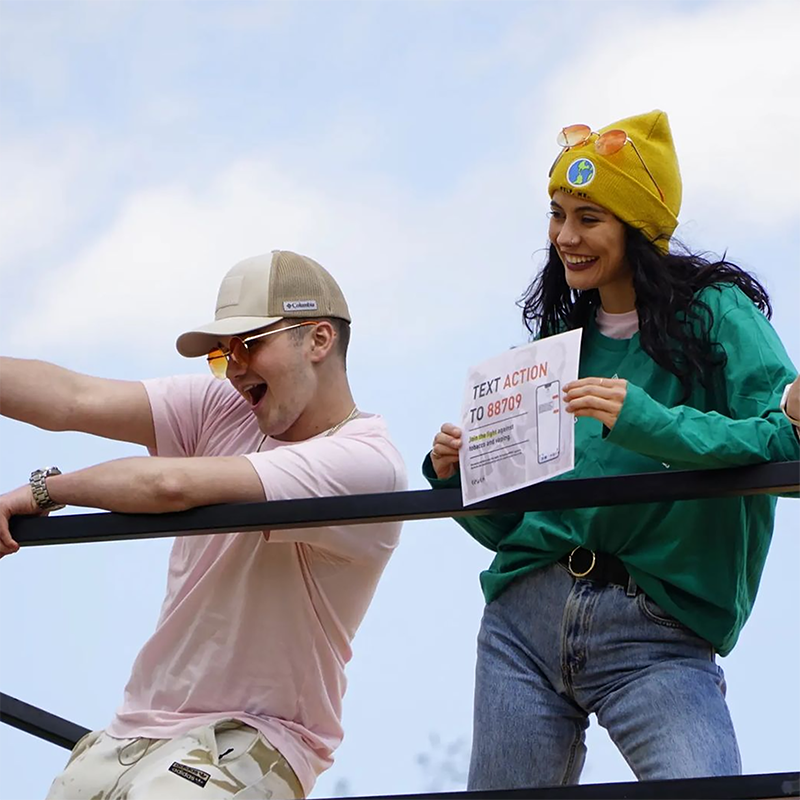
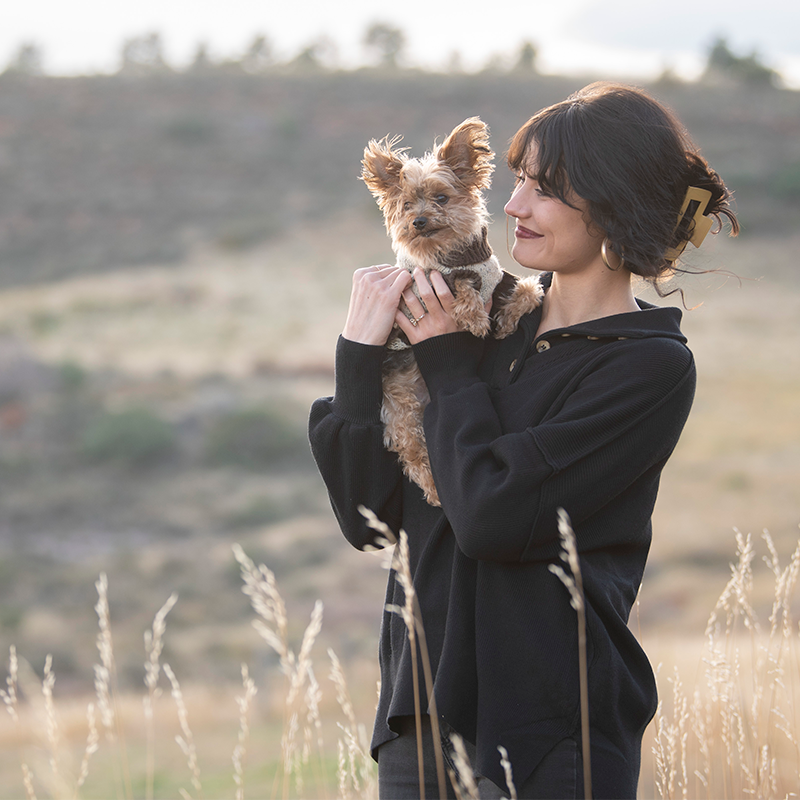
24 years old • Greeley
Public health policy and communications specialist at the Weld County Department of Public Health and Environment
What’s your occupation? Explain your career, accomplishments and professional highlights.
I’m a public health policy and communications specialist, and I am working toward my graduate degree in medical humanities and bioethics. I received the Youth Advocate of the Year Award in 2018 with Campaign for Tobacco-Free Kids (TFK) for my tobacco prevention work and was an ambassador for Truth Initiative in 2019. I apply art and humanities in all of my work, especially when empowering young people to make a change.
Tell us about yourself, your history and how you came to be where you are now.
My parents are the reason I am who I am now. They were at the finish line when I broke track records, flew across the country for my tobacco prevention efforts and awards and were right by my side during my eating disorder treatment program. They helped me move states when it was time, and they held me when I called off my engagement. I am a product of their love and support. As for me, I just like to write, do yoga, be outside and occasionally make art.
Tell us something unique about you.
I have done tobacco education and prevention work for half of my life, and I am only 24 years old. Growing up, I saw how marketing tactics and smoking patterns changed with each new town we moved to because, as a kid with asthma, you become aware of such things. The moment I learned that the tobacco industry puts profits over people and that what I experienced was a real pattern, I dedicated myself to fighting it.
What do you consider the biggest accomplishment or challenge you’ve overcome, either professionally or personally?
My biggest accomplishment is completing an intensive eating disorder program in 2020. Through this program, I learned to nurture my creative side. Entering the program was the best decision I’ve made in my entire life, but it was also the hardest. While I had to learn that I wasn’t my eating disorder, it did shape who I am today. For that, I am grateful.
Where do you see yourself in five years? In 10 years?
I hope to be a medical humanities professor in five years and teach medical students how to nurture their creative and human sides, both of which are often neglected throughout the rigor of medical education. This work will parallel my research in public health humanities and how art can be used as a tool for community mobilization. In 10 years, I have no idea where I will be, and I find peace and excitement in that.
What piece(s) of advice would you give to your younger self?
Always listen to your mom. When I look back, my mom was always right because she listened to her intuition. I thank my mom for teaching me that my intuition will never misdirect me. When I get an intuitive sense today, I know it must be my mom looking out for me, so I listen.
What did your involvement in tobacco prevention as a kid look like?
I started out spearheading No Limits Nebraska, the state’s first youth-led anti-tobacco movement, throughout middle and high school. I would help plan youth empowerment events, advocate at the local and national level, present to other students and do media interviews. Then I became involved with the American Cancer Society’s Cancer Action Network as a youth advocate. While in high school, I began working with TFK and Metro Omaha Tobacco Action Coalition (MOTAC). With TFK, I periodically flew to Washington, D.C. for advocacy trainings and to speak with representatives at Capitol Hill. In my senior year of high school, I received TFK’s Youth Advocate of the Year Award, followed by MOTAC’s Volunteer of the Year Award. I continued my tobacco education and prevention work in college as the president of MOTAC and as an ambassador for Truth Initiative. With Truth Initiative, I traveled across the country for various events, advocated at Capitol Hill and talked to presidential candidates about substance use policy during the 2020 caucus events in Iowa.
How did you use art therapy to overcome an eating disorder?
I have always considered myself a creative person, but I was too caught up in how the art looked rather than how it felt and what it meant to me. My eating disorder treatment program held art therapy sessions every Monday evening, which taught me to look inward, use art as a mode of communicating with myself and find healing through the creative process. The art therapy sessions taught me to let go of the control I was holding on to so tightly and give it to the page. Today, I primarily write and draw when I need to process things, but sometimes making a collage or painting gets the job done.

